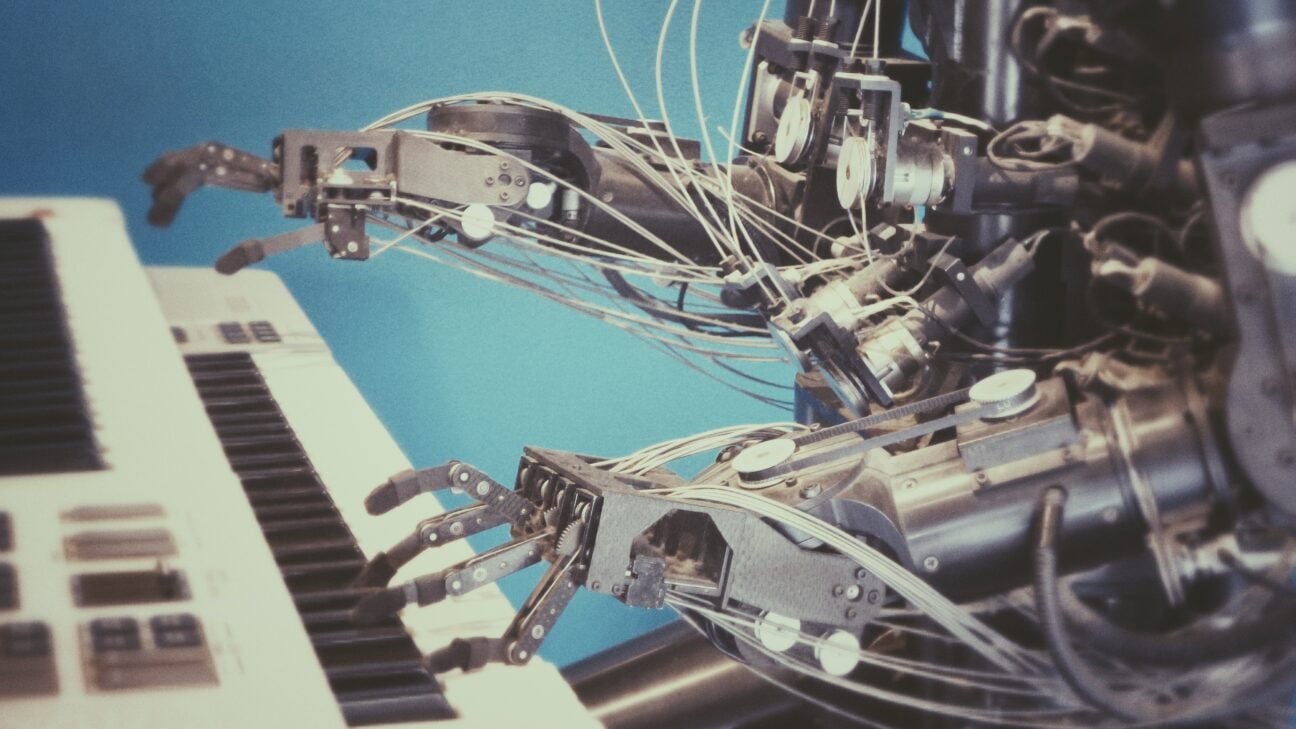In general I can understand that fascination. But I have trouble understanding how creatives can say that sentence without the utter horror of soon being made redundant on multiple levels overshadowing the joy of the novelty.I think that AI is cool and interesting.
I mean... you proceed to describe how you didn't want to spend time looking for a human that could do a very specific human thing for you, because you could get an AI to the same thing in minutes and the result was good enough for you. How is that not nightmare fuel that makes you question your future career or worse - the meaning of your creative life's work - past and future?
I truly get the desire not to interact with other people when it comes to creating things, I really do! But that's exactly why I fear that on lower stakes projects a large volume of creative jobs will get wiped out by AI. There are too many people who feel negatively about hiring freelance creatives and would rather "do it themselves" with the "help from AI". They'll have fun doing it because it's novel and quick and has slotmachine-like qualities in its workflow, and they will be prouder of the result than if any other human was involved. This is all really bad news for us!





